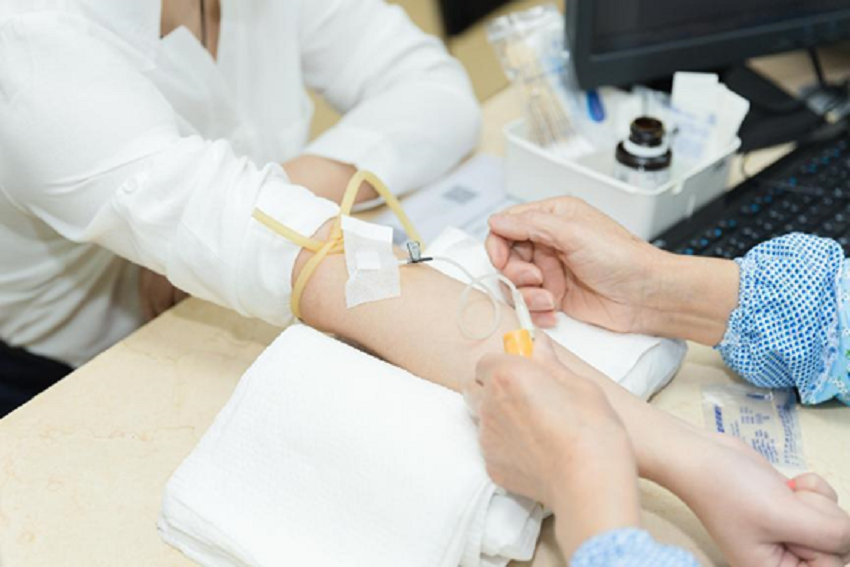您好!很高兴为您提供一对一的专属咨询。
请问有什么可以帮您?
冻卵的流程和价位是什么?


Ms. Lin recently underwent IVF treatment and entered the ovulation induction stage. However, the doctor informed her that she had a low number of basic follicles, which made her very worried. She wanted to know if a low number of basic follicles would affect the success rate of IVF and how to nurture her body to improve the quality of follicles.
For this question, we consulted Dr. Nathan Zhang, a doctor in the field of assisted reproduction in the United States, a graduate of the University of Pennsylvania School of Medicine, and founder of IVF USA. He introduced that basic follicles refer to follicles that can develop into oocytes normally. Every month, the number of basic follicles in women varies slightly.
Women ovulate one egg each month, and when the follicle grows to 18 millimeters, it means the follicle is mature and about to ovulate. If a woman encounters sperm within 48 hours before ovulation, she may become pregnant.
However, if a woman's follicles do not develop well, cannot ovulate normally, or the quality of the eggs released is poor, it will affect the chances of conception.
So, what characteristics should high-quality follicles have?
- Size and shape: The size of follicles at different stages of development varies. The diameter of dominant follicles is usually between 18 and 25 millimeters, and they are round or oval-shaped, with clear and thin inner walls.
- Growth rate: In a normal cycle, the growth rate of follicles is relatively constant, increasing by about 1 to 3 millimeters per day, and can reach up to 4 millimeters per day at its fastest. In the last 5 hours before ovulation, the growth rate of follicles is even faster.
If a woman's follicles grow abnormally fast, it may indicate poor egg quality, which is more likely to lead to infertility or miscarriage. For example, excessively fast or irregular follicle growth may indicate ovarian dysfunction.
So, how should women with a low number of basic follicles nurture their bodies?
1. Enhance nutrition: Eat more legumes because they are rich in plant estrogen, especially black beans. In addition, foods with high vitamin C content also help the normal development of eggs. Avoid excessive processed foods and advocate eating pure natural, green vegetables.
2. Moderate exercise: Exercise helps promote blood circulation, improve physical fitness, and ensure egg quality. For example, fitness, jogging, gentle gymnastics, swimming, and Tai Chi.
3. Emotional regulation: Stress and anxiety can affect female hormonal balance and thus affect ovarian ovulation capacity. Therefore, reduce stress and maintain a happy mood.
4. Quit smoking and drinking: Cigarettes and alcohol have adverse effects on ovarian function, so women preparing for pregnancy should quit smoking and drinking.
5. Self-care: Avoid miscarriage because it affects the survival environment of eggs, thereby affecting egg quality and vitality. Regular gynecological examinations should be conducted to address physical problems promptly.
6. Keep warm during menstruation: Avoid excessive cold and pay attention to keeping warm.

Currently, IVF USA provides services such as egg freezing, IVF, and third-party assisted reproduction for people in need, and its business has expanded to Japan, Thailand, Mexico, Taiwan, Hong Kong, and other regions outside the United States, closely cooperating with top IVF doctors worldwide. IVF USA is committed to providing professional reproductive counseling services to those in need. If you have any questions about overseas IVF, please consult our expert team, and we will be dedicated to serving you.